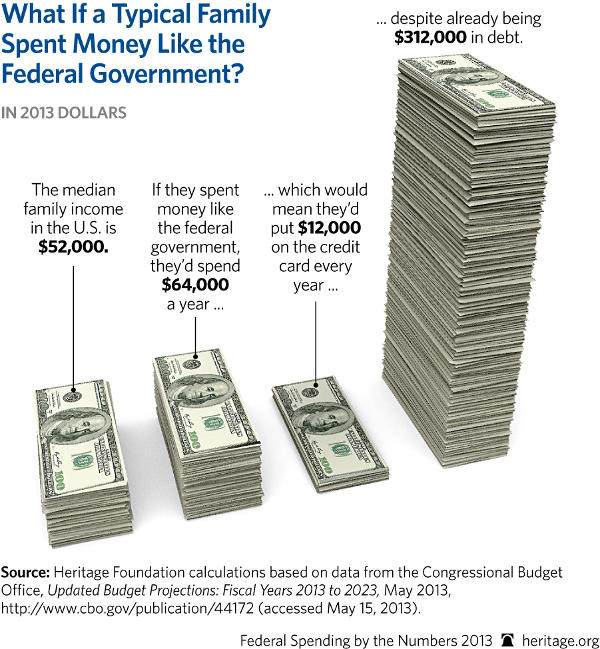 Using a special method of fundraising that permits moving large amounts of funds to a candidate, a federal PAC has collected and forwarded more than $500,000 in earmarked contributions for five conservative Senate and House candidates.
Using a special method of fundraising that permits moving large amounts of funds to a candidate, a federal PAC has collected and forwarded more than $500,000 in earmarked contributions for five conservative Senate and House candidates.
The Senate Conservatives Fund, a federal PAC that already gives contributions and makes independent expenditures for federal candidates, has reported collecting and forwarding $541,565 in earmarked contributions since May. During November they reported forwarding $201,460 to candidates.
The PAC was founded by former Sen. Jim DeMint, R-S.C., and seeks to elect conservative candidates, but does not support liberal Republicans, and is not affiliated with the Republican Party or its campaign committees.
Individuals may earmark their original contribution for a specific candidate, and pass it through a PAC, who then forwards the contribution to that specific candidate. The contribution is considered from the original donor and does not count toward the PAC’s contribution limit. The individual gets the credit for the contribution, and the PAC gets the credit for the soliciting, collecting and forwarding of the funds.
Matt Bevin, R-Ky., who is running against Senate Minority Leader Mitch McConnell, R-Ky., received $304,132 in earmarked contributions from individuals that were collected through the PAC. This includes $173,579 in October and $130,552 in November.
Rep. Jim Bridenstine, R-Okla., who is running for re-election, received $70,008 in earmarked from the PAC.
Col. Rob Maness, R-La., who is running against Sen. Mary Landrieu, D-La., has received $63,983 in earmarked funds collected by the PAC. This includes $40,979 in October and $23,004 in November.
Conservative commentator and State Senator Chris McDaniel, R-Miss., who is running against Sen. Thad Cochran, R-Miss., has received $58,750 in earmarked contributions from the PAC. This includes $33,954 in October and $24,796 in November.
Midland University president Ben Sasse, R-Neb., who is running for the U.S. Senate seat being vacated by Sen. Mike Johanns, R-Neb., has received $44,692 in earmarked contributions for the PAC. This includes $30,439 in October and $14,253 in November.
In 2012, former Sen. Jim DeMint cut his formal ties with the Senate Conservatives Fund, and started a separate Super PAC, Senate Conservatives Action, that makes only independent expenditures and is not bound by limits on contributions or spending.
 Mark Steyn says that despite the stated need for Obama to sign up for Obamacare in person due to the complexity of it, he still sent a stuntman to do it. Steyn wonders why Obama should get a pass for this when no one else can forgo the burdens of signing up for Obamacare.
Mark Steyn says that despite the stated need for Obama to sign up for Obamacare in person due to the complexity of it, he still sent a stuntman to do it. Steyn wonders why Obama should get a pass for this when no one else can forgo the burdens of signing up for Obamacare.





